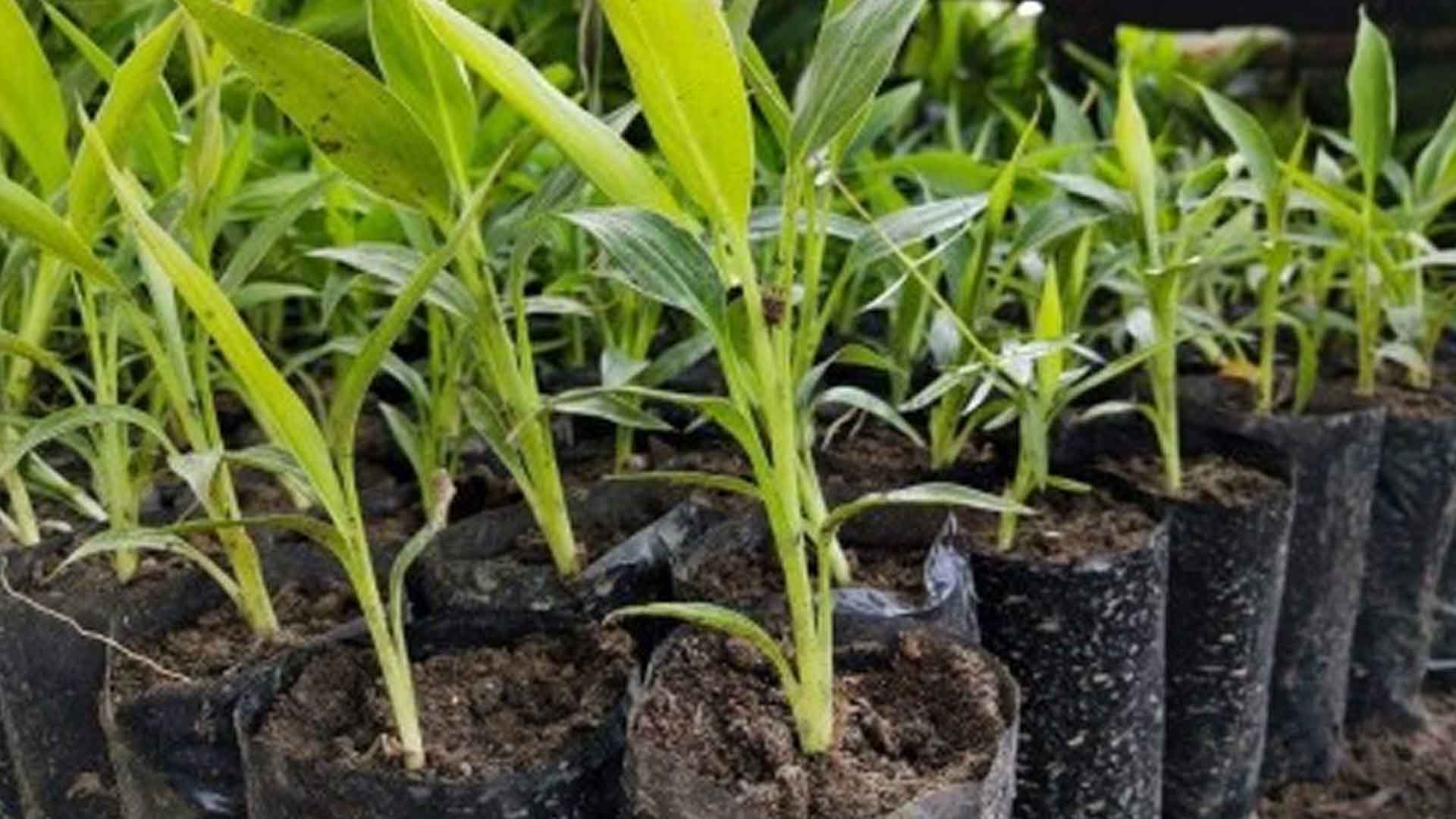Efforts of the Philippine Fiber Industry Development Authority (PhilFIDA) to expand the plantation of abaca in the Eastern Visayas region were faced with a setback following the shortage of planting materials.
PhilFIDA Eastern Visayas regional director Wilardo Sinahon said Thursday that only one tissue culture laboratory has been producing disease-free abaca planting materials for distribution to local farmers.
To meet the annual 100-hectare target for abaca planting expansion, PhilFIDA needs 110,000 planting materials every year, Sinahon said.
“But our laboratory can only produce 5,000 plantlets or 60,000 planting materials every year in full operation,” he told the Philippine News Agency.
Frequent rainfall also triggered the emergence of damping off, a horticultural disease caused by several different pathogens that kill or weaken seeds and seedlings.
The expansion is necessary, according to the official to recover production losses caused by the impacts of bunchy-top disease, which has been significantly pulling down abaca production in the past 20 years.
Citing estimates, the official said the disease has been plaguing about 60 percent of the existing 28,217 hectares of abaca plantations in the region’s six provinces.
From about 10,000 metric tons output in 2009 to 2010, the production has decreased to only 3,000 to 4,000 annually in recent years, according to Sinahon.
Aside from PhilFIDA laboratory in Abuyog, Leyte, there’s also one tissue culture laboratory built by the Visayas State University National Abaca Research Center in Baybay City, Leyte, but their produce is for sale to farmers.
“Since our planting materials supply is very limited, we only distribute to farmer organizations and local government units to support their expansion activities,” he added.
Higher yield in the future will help ensure enough raw fiber for the processing of two of the three major pulp mills in the country. These two are the Specialty Pulp Mills Inc. in Baybay City and Pulp Specialties Philippines Inc. in Albuera town both in Leyte province.
Eastern Visayas used to be the top fiber producer in the country until abaca disease wreaked havoc in many farms in the region in early 2000.
Known globally as Manila hemp, abaca is processed into cordage, pulp and specialty paper, and fibercrafts including handwoven fabric.
The region has five grading-baling establishments that ship raw fiber overseas such as the United Kingdom, France, Germany, Spain, Japan, India, Korea, Hong Kong, Indonesia, the United States and Canada. (PNA)






















